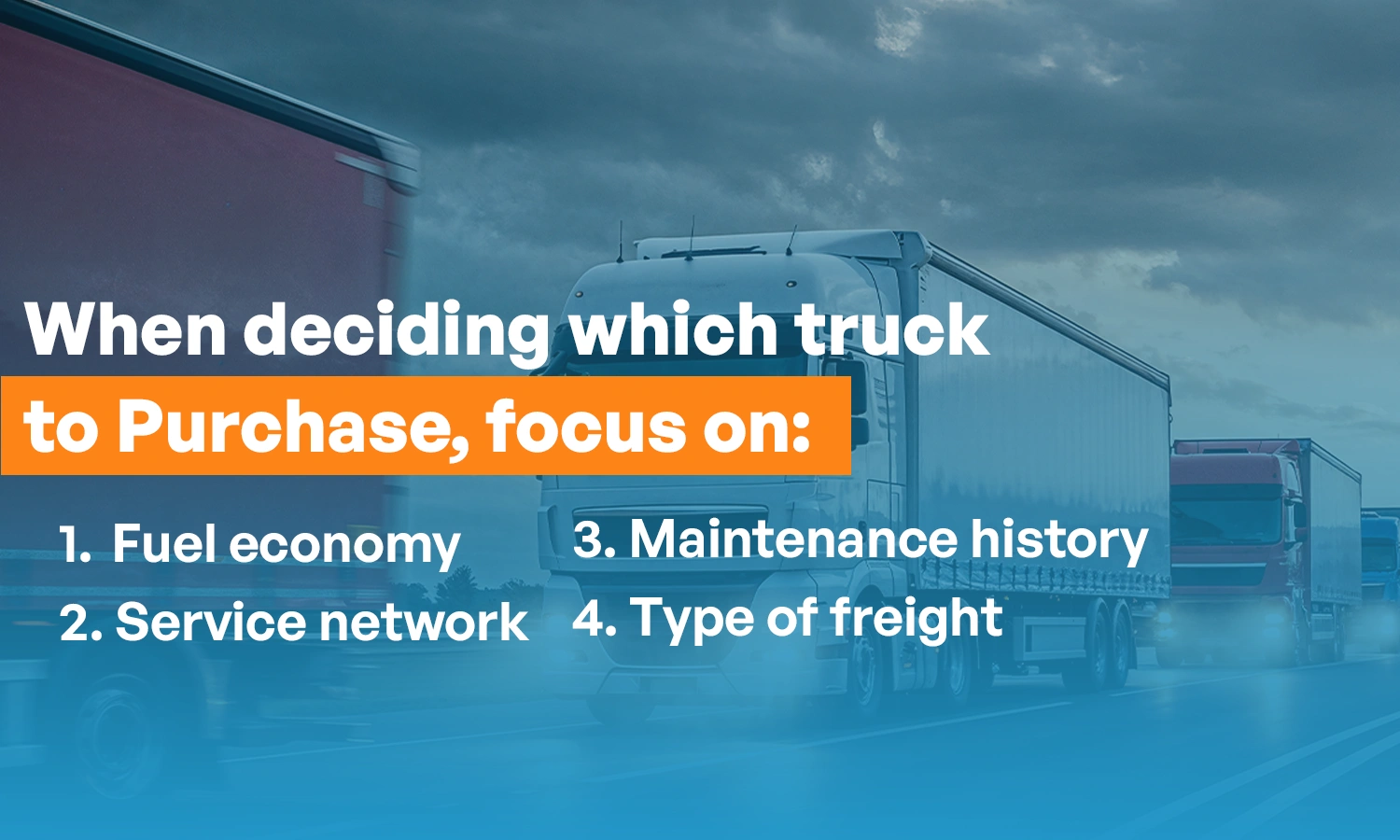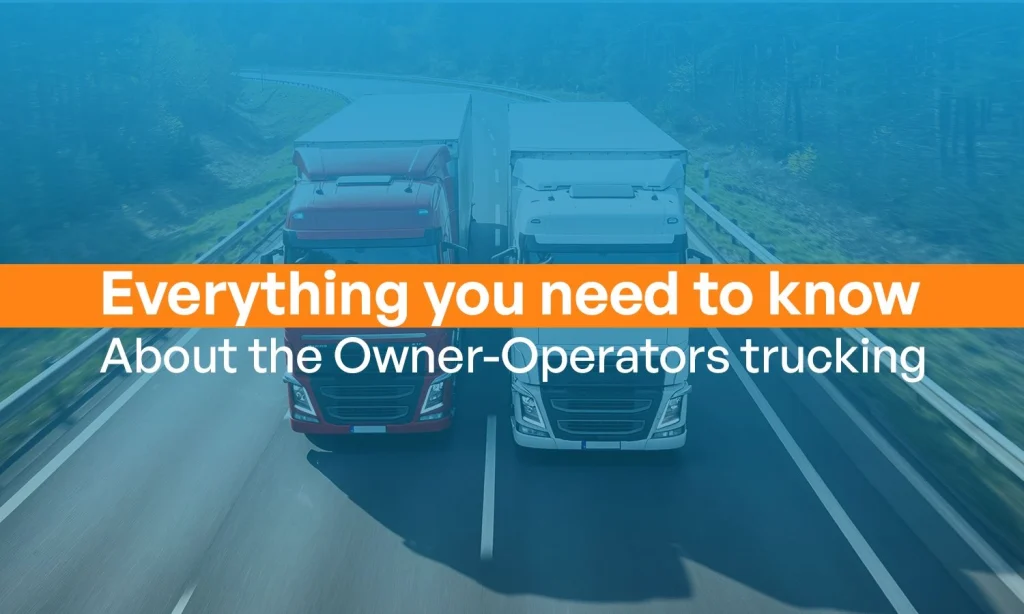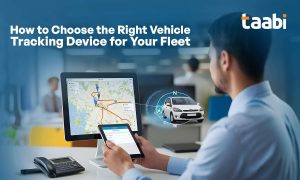A big rig on the highway with a driver who owns it, is an owner-operator driver, someone who doesn’t just drive for a company but actually runs their own small trucking business.
An owner and operator is both the driver and the business owner. They find loads, negotiate rates, manage fuel costs, handle maintenance, and take home the profits. In other words, they’re a one-person logistics company on wheels.
How Owner-Operator Trucking Works
They can choose to:
➤ Work under their own authority by managing their own clients, dispatching, and compliance, or
The economics of the Owner-operator model
Which truck is the best in the business?

When deciding which truck to purchase, focus on:
Can You Make Money as a Local Owner-Operator?
Yes, absolutely. You don’t have to drive coast-to-coast to earn a good living. local owner-operators typically work within a set radius, hauling regional freight, construction materials, or port drayage loads and returns home most nights.








